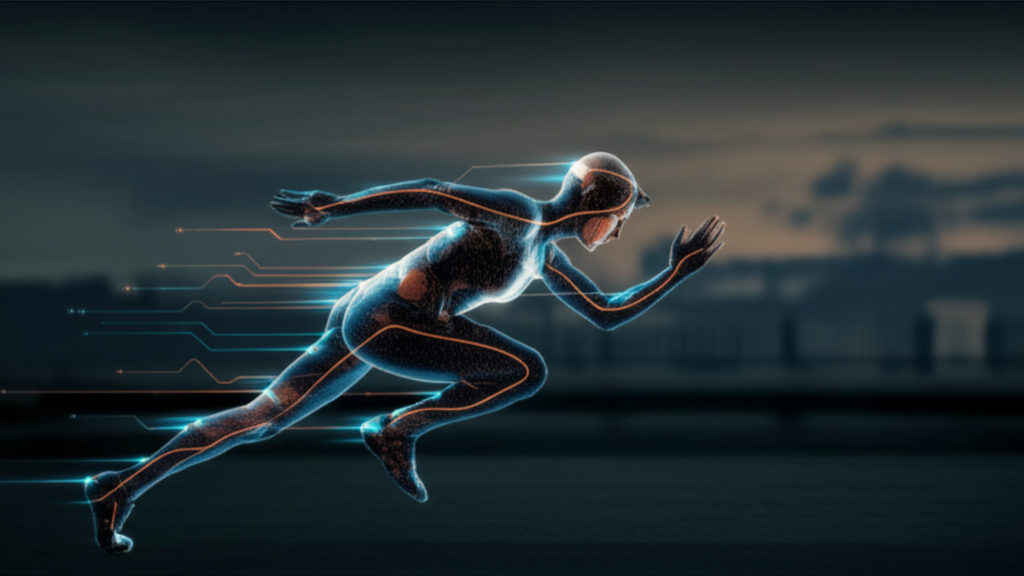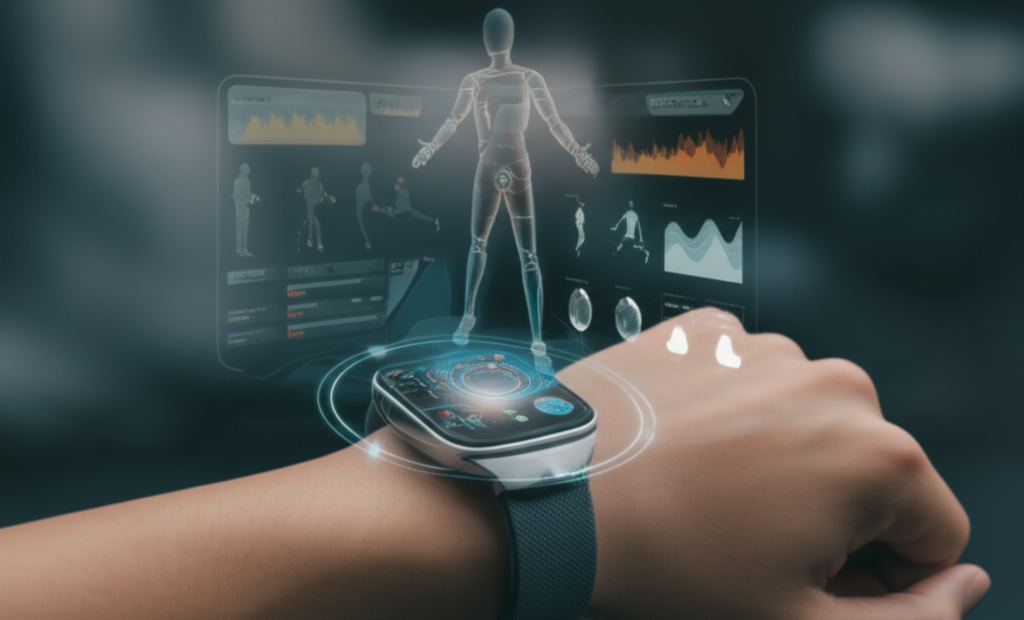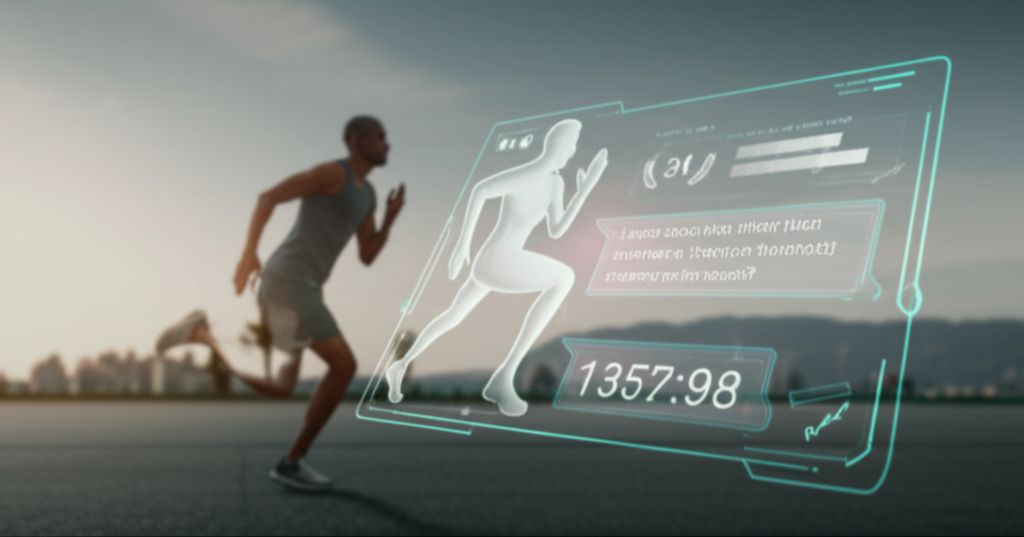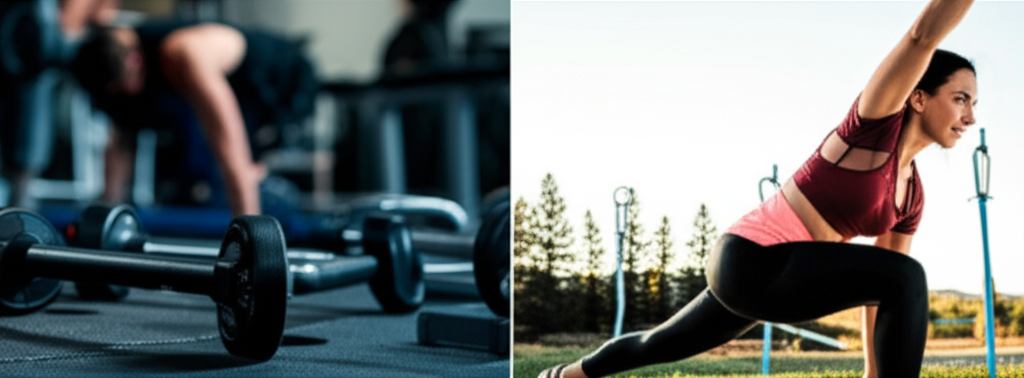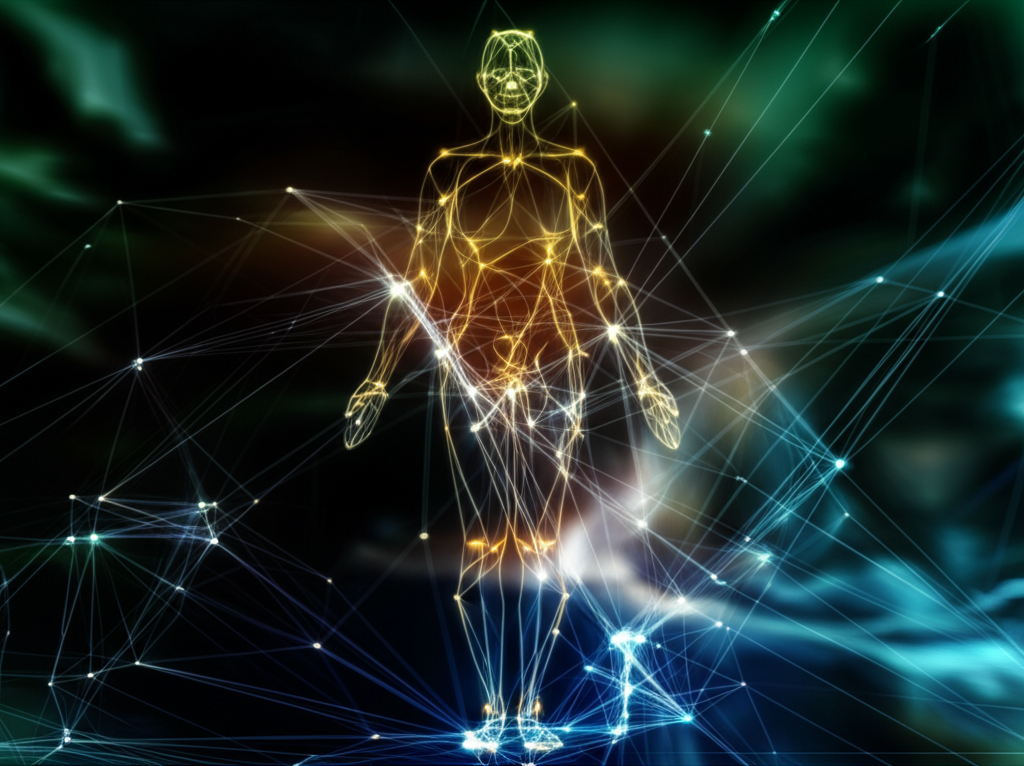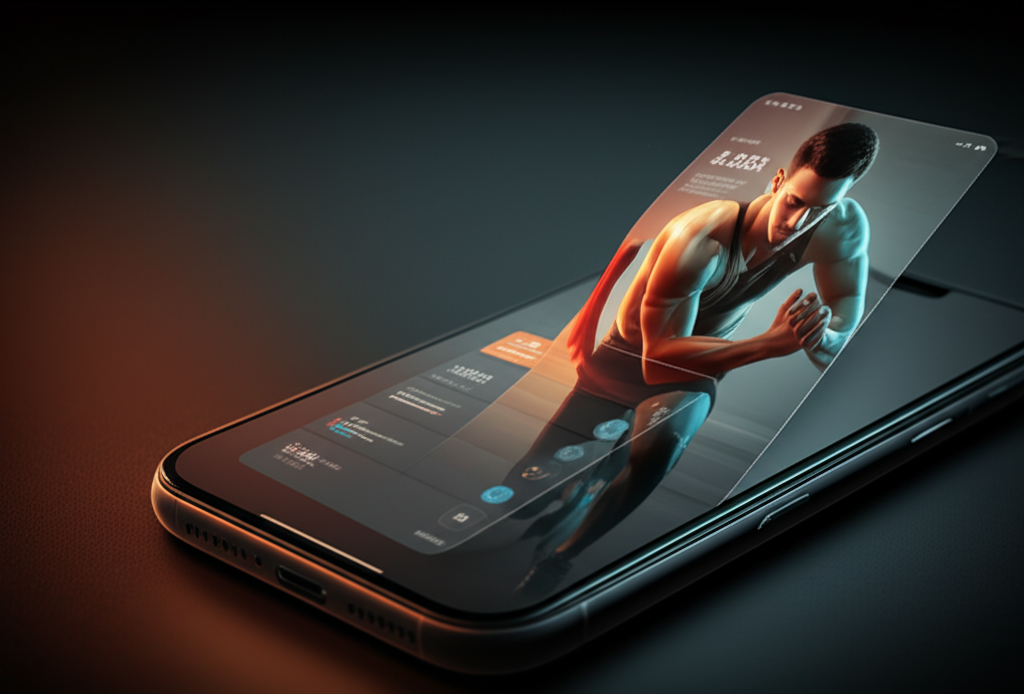AI Coaches: Your Pocket-Sized Personal Trainer
Forget generic workout plans and frustrating plateaus. In 2025 and beyond, AI-powered fitness will leverage sophisticated algorithms to provide real-time feedback and personalized motivation, transforming your fitness journey. This isn't just about tracking your steps; it's about having a dedicated coach constantly analyzing your performance and adapting your training.
AI coaches utilize advanced sensors and machine learning to monitor your form in real-time. Whether you’re lifting weights, running on a treadmill, or performing yoga poses, the AI analyzes your movements, detecting any flaws in your technique that could lead to injury or hinder progress. Immediate feedback, delivered directly to your wearable device or app, allows for instant corrections.
This real-time feedback extends beyond form. AI can track your heart rate, respiration, and even subtle biofeedback signals to gauge your exertion levels. This prevents overtraining and ensures you’re always working within your optimal performance zone. It’s about optimizing your workout, not just completing it.
Motivation is often the biggest hurdle in achieving fitness goals. AI coaches combat this by offering tailored encouragement and positive reinforcement. These intelligent systems adapt their motivational strategies based on your progress, personality, and even your emotional state, making the process more engaging and less daunting.
The personalized nature of AI coaching extends to goal setting and program adjustments. Your AI coach will dynamically adjust your workout plan based on your progress, factoring in factors like sleep quality, stress levels, and even your dietary choices. This holistic approach ensures your fitness program is constantly evolving to meet your changing needs.
Specific examples of this personalized motivation include:
- Adaptive Difficulty: AI increases or decreases the intensity of your workouts based on your performance.
- Gamification: Points, badges, and leaderboards add an element of fun and competition to your routine.
- Personalized Messaging: Encouraging messages are tailored to your specific needs and goals.
- Progress Visualization: Data-driven reports and graphs showcase your achievements, providing tangible evidence of your progress.
In short, AI coaches provide a level of personalized attention and motivation previously unattainable without a dedicated, expensive personal trainer. This accessibility to intelligent, adaptive coaching is a game-changer for achieving your fitness goals in 2025.
